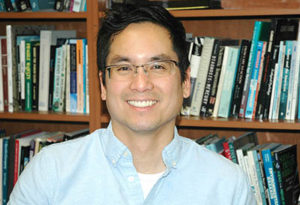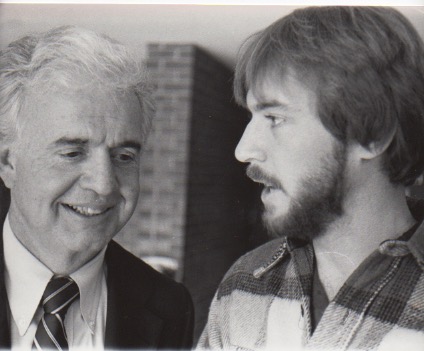 The Knight Center for Environmental Journalism is part of MSU’s “Earth Month 2021” fundraising campaign focused on showcasing university initiatives that support sustainability.
The Knight Center for Environmental Journalism is part of MSU’s “Earth Month 2021” fundraising campaign focused on showcasing university initiatives that support sustainability.
As part of the campaign, MSU is highlighting its status as the only Big 10 school on the Princeton Review’s list of the Top 50 Green Colleges and its 2020 Tree Campus Higher Education recognition by the Arbor Day Foundation for its management of urban forests on campus.
“Donor support makes it possible to operate Great Lakes Echo, our award-winning news service in which students cover climate change, threats to the Great Lakes, biodiversity, natural resources, extreme weather and other key environmental issues in the Great Lakes region,” center director Eric Freedman said.
In addition to the Knight Center, other program partners are the Michigan Natural Features Inventory, MSU Institute of Water Research, Student Organic Farm, MSU Bikes, MSU Sustainability, Michigan Pollinator initiative and Residential Initiative on the Study of the Environment.
You can support the Knight Center and help Spartan students learn how to report on the world’s most important beat by donating at go.msu.edu/cp-knight-center.


